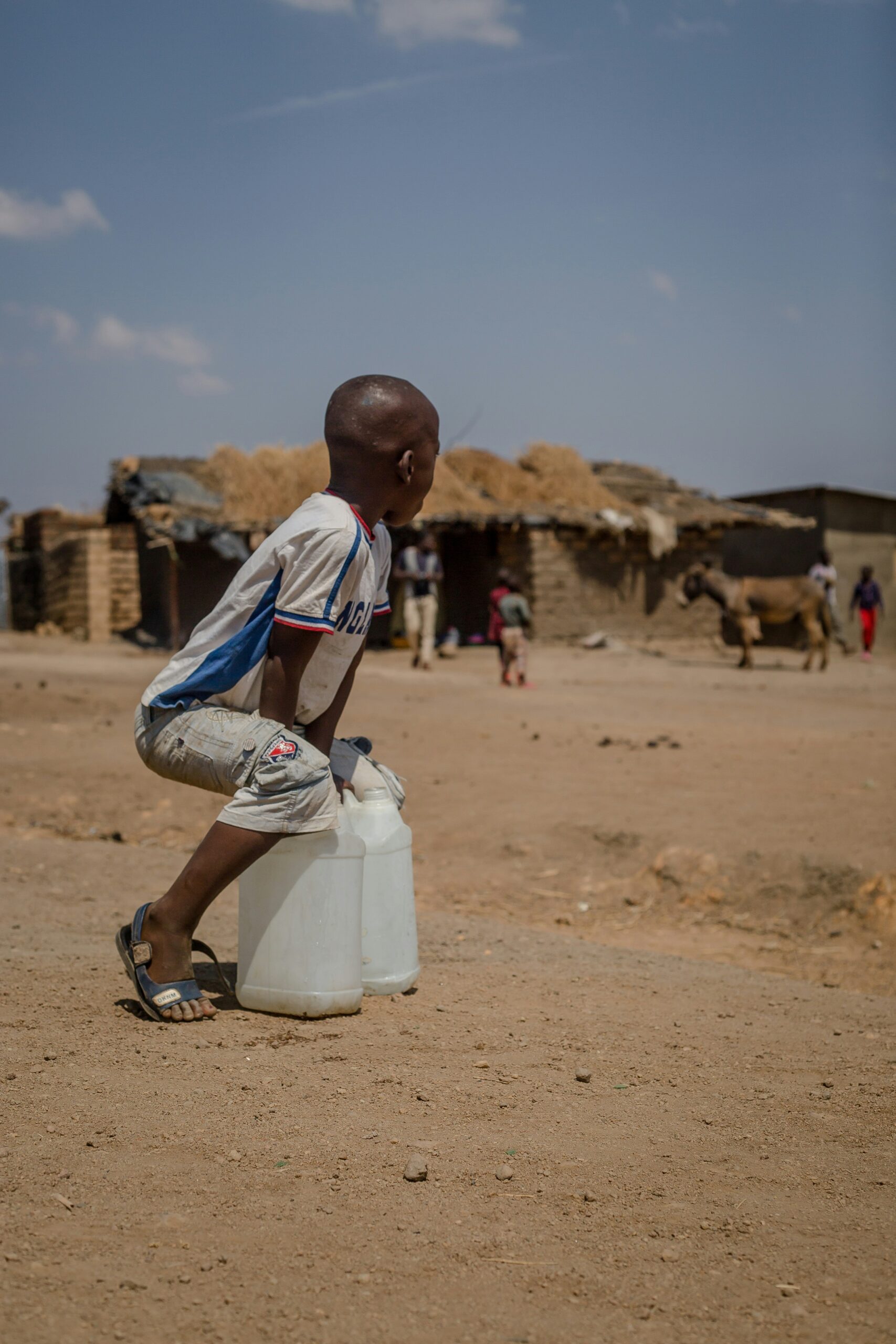
The Darfur region of Sudan is currently experiencing its most severe cholera outbreak in recent years, with at least 40 fatalities reported last week by the international medical humanitarian organization Doctors Without Borders (MSF). The outbreak, which has been worsening amidst ongoing military conflicts and heavy rains, poses a serious health crisis in the region.
Key Facts
- As of last week, MSF has treated over 2,300 cholera patients in Darfur alone.
- Nationwide, there have been approximately 99,700 suspected cases and 2,470 deaths from cholera since August 2023.
- Cholera is a bacterial infection that can cause severe dehydration and death if not treated promptly.
Background
The outbreak began a year ago but has intensified due to continuous fighting between the Sudanese army and paramilitary Rapid Support Forces (RSF). The conflict has devastated the vast western region of Sudan, leading to mass displacement and worsening sanitary conditions. In areas like Tawila, North Darfur, displaced residents face extreme shortages of clean water, receiving less than half the emergency minimum required per person.
Current Situation
MSF teams on the ground have reported dire conditions in displacement and refugee camps, where access to clean water is severely compromised. Sylvain Penicaud, MSF’s project coordinator in Tawila, highlighted the severity of the situation with a disturbing incident where a body was found in a well used for drinking water. Despite the body’s removal, residents had no choice but to continue using the contaminated source within days. This has led to a sharp increase in cholera cases among the camp populations.
Response and Challenges
In response to the escalating outbreak, health officials initiated a 10-day vaccination drive in the capital, Khartoum. However, the efforts are challenged by ongoing conflicts and the movement of populations, spreading the disease further into neighboring countries like Chad and South Sudan. MSF has called the situation ‘beyond urgent’ and emphasized the need for immediate action to prevent further deaths from this preventable disease.
What’s Next
The international community and local authorities are urged to increase their support and intervention to control the cholera outbreak. With the rainy season further exacerbating the spread of the disease, there is a critical need for enhanced healthcare services and sanitation facilities, especially in conflict-affected and displaced communities. The focus is also on preventing the outbreak from spreading to more regions and across borders.